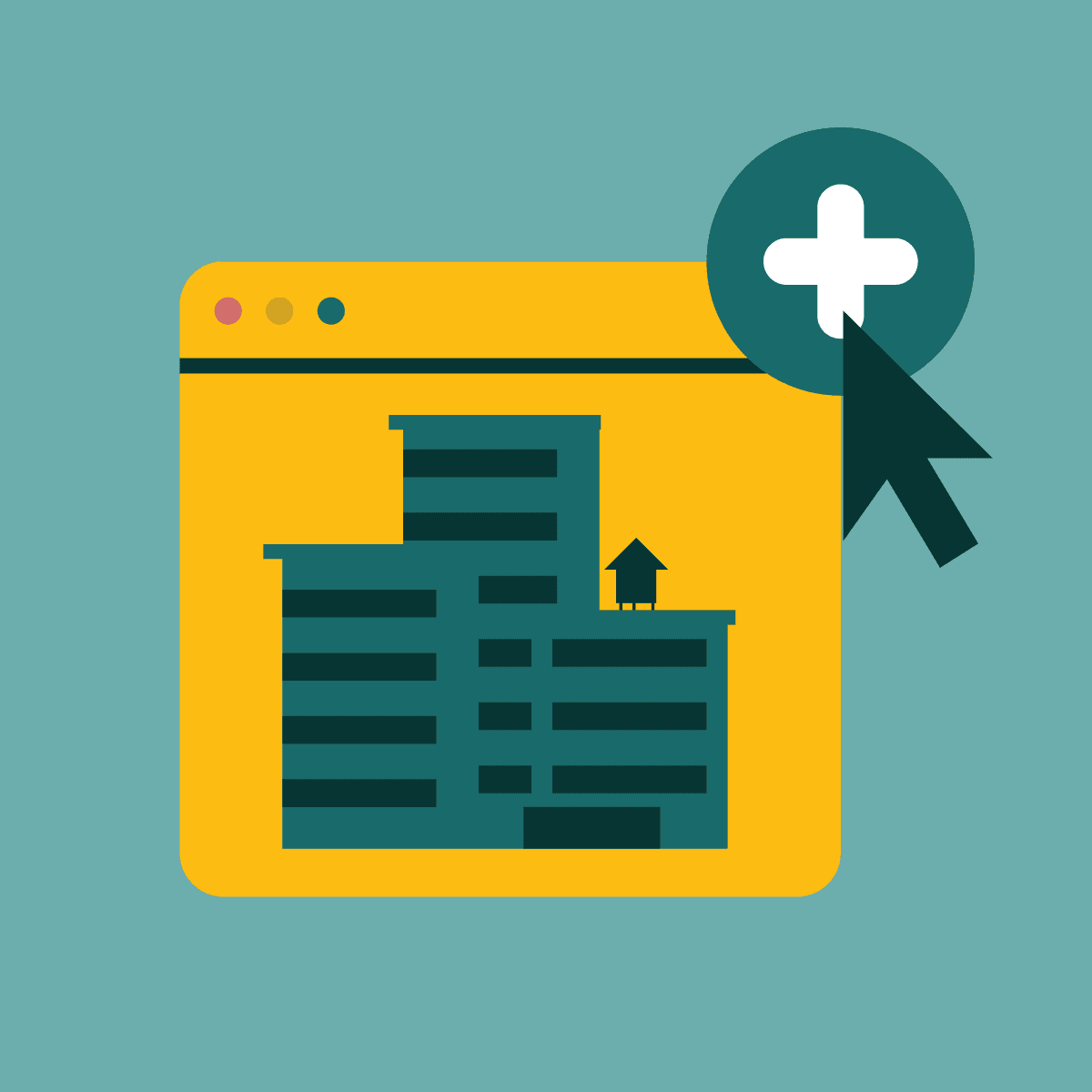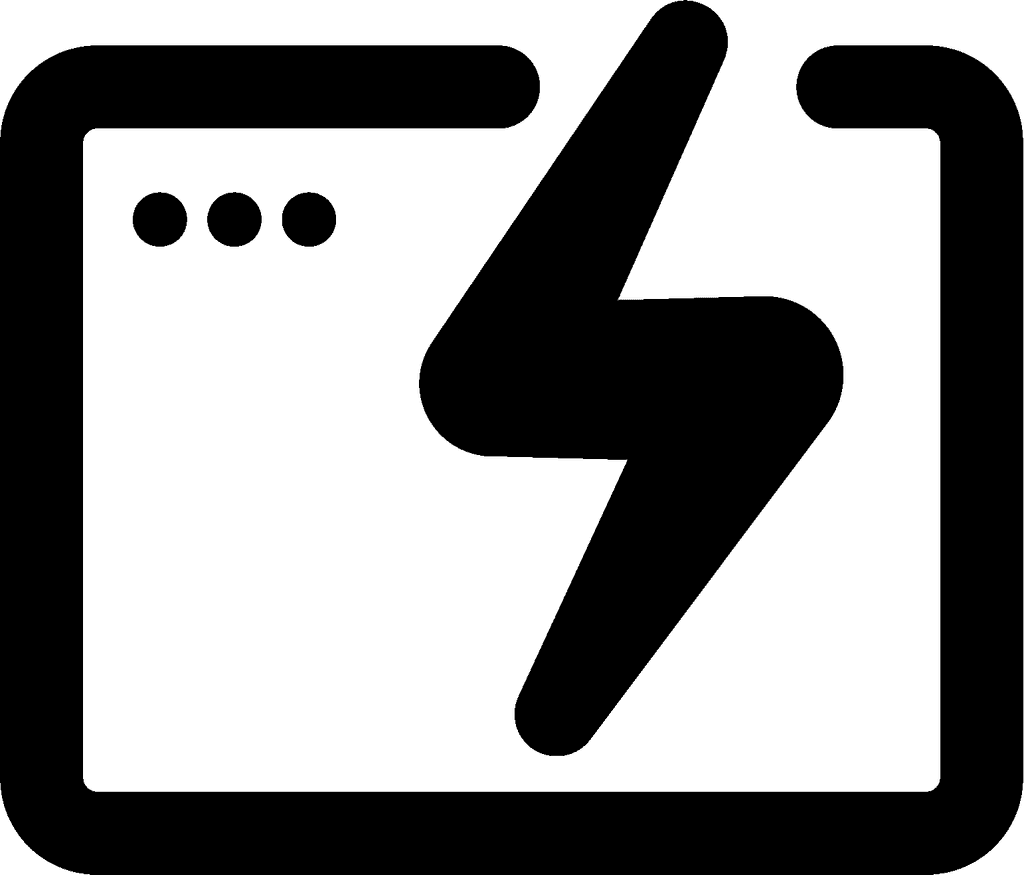Facilities Management Ticket System: Streamlining Workplace Operations
Facilities management ticket systems streamline maintenance operations and enhance organizational efficiency. These digital platforms enable staff to report issues, request services, and track progress in real-time. By centralizing communication and automating workflows, ticket systems significantly reduce response times and improve resource allocation.
Organizations of all sizes benefit from implementing a facilities management ticket system. From small offices to large campuses, these tools help prioritize tasks, assign work orders, and generate valuable data for decision-making. The system's ability to capture detailed information about each request aids in identifying recurring problems and planning preventive maintenance.
Effective facilities management is crucial for maintaining a safe, comfortable, and productive environment. A well-implemented ticket system empowers facilities teams to proactively address issues, minimize downtime, and optimize operational costs. This technology-driven approach to facilities management supports continuous improvement and aligns with modern organizational needs.

Understanding the Facilities Management Ticket System
Facilities management ticket systems streamline operations and enhance communication between occupants and maintenance teams. These digital platforms enable efficient tracking, prioritization, and resolution of facility-related issues.
Fundamentals of Ticketing Systems
Ticket systems form the backbone of modern facilities management. They allow users to submit maintenance requests electronically, creating a centralized database of all reported issues. Each ticket contains essential information such as the problem description, location, priority level, and status.
The system automatically assigns tickets to appropriate personnel based on predefined rules. This ensures that the right person handles each issue promptly. As work progresses, staff can update ticket statuses, add notes, and track time spent on tasks.
Many ticketing platforms integrate with other software systems, such as inventory management and scheduling tools. This integration provides a comprehensive view of facility operations and resources.
Role of a Facilities Manager in Ticket Management
Facilities managers play a crucial role in overseeing the ticket system. They set up and configure the software to align with organizational needs and priorities. This includes defining ticket categories, setting response time targets, and establishing escalation procedures.
Managers monitor ticket queues to ensure timely resolution of issues. They analyze ticket data to identify recurring problems and plan preventive maintenance strategies. This proactive approach helps reduce downtime and extend the lifespan of facility assets.
Facilities managers also use ticket system reports to evaluate staff performance and allocate resources effectively. They can identify training needs and opportunities for process improvement based on ticket trends and resolution times.
Impact of Ticket Systems on Organizational Efficiency
Implementing a ticket system significantly improves organizational efficiency. It eliminates the need for manual tracking of maintenance requests, reducing paperwork and administrative burden. The digital nature of the system allows for real-time updates and instant communication between all parties involved.
Ticket systems provide valuable data for decision-making. Managers can generate reports on response times, resource utilization, and common issues. This information helps in budget planning, staffing decisions, and identifying areas for operational improvements.
The structured approach of ticket systems enhances accountability and transparency. It creates a clear audit trail of all maintenance activities, which is crucial for compliance and quality assurance purposes. Users can track the progress of their requests, leading to increased satisfaction and trust in the facilities management team.
Key Features of a Facilities Management Software
Effective facilities management software offers a range of essential features to streamline operations and enhance efficiency. These tools provide comprehensive solutions for managing work orders, communication, maintenance tracking, and equipment data.
Streamlined Work Order Management
Facilities management software centralizes work order processing. Users can create, assign, and track work orders through a single interface. The system allows for prioritization of tasks based on urgency and resource availability.
Work orders can be categorized by type, location, or department. This categorization enables efficient allocation of personnel and resources. The software often includes customizable templates for common tasks, reducing data entry time.
Many systems offer mobile access, allowing technicians to update work orders in real-time from their devices. This feature eliminates paperwork and improves response times.
Real-Time Communication and Updates
Effective communication is crucial in facilities management. Modern software facilitates instant messaging between team members, managers, and clients. Users can share updates, photos, and documents directly within the system.
Automated notifications keep stakeholders informed about work order status changes, upcoming maintenance tasks, or urgent issues. These alerts can be customized based on user roles and preferences.
Some platforms integrate with other communication tools, such as email or SMS, to ensure messages reach the intended recipients promptly.
Maintenance and Service Request Tracking
Facilities management software excels at tracking maintenance and service requests. It provides a centralized system for logging, assigning, and monitoring all incoming requests.
Users can submit requests through various channels, including web portals, mobile apps, or email. The software automatically routes requests to the appropriate personnel based on predefined rules.
Detailed histories of each asset or location are maintained, allowing for trend analysis and predictive maintenance planning. This data helps identify recurring issues and optimize maintenance schedules.
Inventory and Equipment Data Management
Robust inventory and equipment management features are integral to facilities management software. These tools help track assets, manage stock levels, and schedule equipment maintenance.
The software maintains detailed records of each piece of equipment, including specifications, warranty information, and maintenance history. This data aids in making informed decisions about repairs or replacements.
Inventory tracking features help prevent stockouts of critical supplies. Automated reorder notifications ensure that necessary items are always available. Some systems integrate with procurement processes for seamless ordering.
Many platforms offer barcode or QR code scanning capabilities for easy asset identification and tracking. This feature simplifies equipment audits and reduces manual data entry errors.
Integrating Facilities Management Ticket Systems
Effective integration of facilities management ticket systems requires careful planning and implementation. The process involves connecting software, customizing features, enabling mobile access, and leveraging APIs for enhanced functionality.
Software Integration with Existing Operations
Seamless integration of a facilities management ticket system with existing operations is crucial for efficiency. This process involves mapping out current workflows and identifying key touchpoints where the new system will interface with existing software. Integration often requires data migration from legacy systems to ensure continuity of operations.
Compatible APIs and middleware solutions facilitate smooth data exchange between the ticket system and other operational software. This integration allows for real-time updates across platforms, reducing data redundancy and improving overall operational visibility.
Security measures must be implemented to protect sensitive information during the integration process. This includes setting up proper authentication protocols and encryption for data in transit and at rest.
Customizing System Features to Fit Specific Needs
Facilities management ticket systems offer various customization options to meet unique organizational requirements. Users can tailor ticket categories, priority levels, and escalation procedures to align with their specific operational needs.
Custom fields can be added to capture facility-specific information, such as equipment serial numbers or location codes. Workflow automation rules can be configured to route tickets based on predefined criteria, ensuring efficient handling of maintenance requests.
Reporting and dashboard features can be customized to provide relevant insights for different stakeholders. This might include creating specific KPI trackers or custom report templates for management review.
Mobile Device Adaptations and Accessibility
Mobile adaptations for facilities management ticket systems enhance accessibility and responsiveness. Native mobile apps or responsive web interfaces allow staff to access and update tickets on the go.
Key mobile features include:
Push notifications for urgent tickets
Offline mode for areas with poor connectivity
Camera integration for documenting issues
GPS functionality for location-based assignments
Mobile interfaces should be optimized for touch interactions and smaller screens. This includes larger buttons, simplified data entry forms, and intuitive navigation menus.
Utilizing APIs for Enhanced Functionality
APIs play a crucial role in extending the capabilities of facilities management ticket systems. They enable integration with third-party services and tools, expanding the system's functionality.
Common API integrations include:
Building automation systems for automatic ticket creation
Asset management databases for equipment information
Inventory systems for parts and supplies tracking
Calendar applications for scheduling maintenance tasks
APIs also facilitate data exchange with analytics platforms, enabling advanced reporting and predictive maintenance capabilities. This integration allows organizations to leverage machine learning algorithms for optimizing maintenance schedules and resource allocation.
Developers can use APIs to create custom applications or widgets that interact with the ticket system, tailoring the user experience to specific departmental needs.
Optimizing Operations with Advanced Management Techniques
Advanced management techniques can significantly enhance facilities management operations. These strategies focus on proactive approaches, data utilization, and efficient task prioritization to streamline processes and improve outcomes.
Implementing Preventive Maintenance Scheduling
Preventive maintenance scheduling is a crucial component of effective facilities management. It involves planning and executing regular maintenance tasks to prevent equipment failures and extend asset lifespans. Facility managers can use computerized maintenance management systems (CMMS) to track asset conditions and schedule maintenance activities.
These systems allow for the creation of detailed maintenance schedules based on manufacturer recommendations, equipment usage, and historical performance data. By implementing preventive maintenance, organizations can reduce unexpected breakdowns, minimize downtime, and lower overall repair costs.
Regular inspections and maintenance tasks, such as lubricating moving parts, replacing worn components, and calibrating equipment, help maintain optimal performance and identify potential issues before they escalate.
Data-Driven Decision Making
Leveraging data is essential for optimizing facilities management operations. Modern management systems collect and analyze vast amounts of information from various sources, including equipment sensors, work order histories, and energy consumption metrics.
This data provides valuable insights into operational efficiency, resource allocation, and maintenance needs. Facility managers can use these insights to make informed decisions about:
Equipment replacement or upgrades
Staff allocation and training
Energy conservation measures
Budget planning and resource allocation
By analyzing performance trends and patterns, managers can identify areas for improvement and implement targeted solutions. This data-driven approach leads to more efficient operations, reduced costs, and improved facility performance.
Work Order Prioritization and Scheduling
Effective work order management is critical for optimizing maintenance operations. Prioritizing and scheduling work orders ensures that critical tasks are addressed promptly while balancing resource availability and operational requirements.
Facility managers can implement a tiered priority system for work orders, considering factors such as:
Safety implications
Impact on core business operations
Regulatory compliance requirements
Cost of delayed maintenance
Advanced scheduling tools help allocate resources efficiently by considering technician skills, parts availability, and equipment downtime requirements. These systems can automatically assign tasks to the most suitable personnel and optimize maintenance routes to minimize travel time.
By streamlining work order processes, facilities can reduce response times, improve resource utilization, and enhance overall maintenance efficiency.
Measuring Success in Facility Management
Effective facility management relies on quantifiable metrics and data-driven insights to optimize performance and satisfaction. Key performance indicators, maintenance report analysis, and customer feedback provide valuable information for continuous improvement.
Key Metrics to Track Performance
Facility managers should focus on several crucial metrics to gauge operational efficiency. Response time measures how quickly staff address maintenance requests. Completion rate tracks the percentage of resolved tickets within specified timeframes. Downtime analysis identifies equipment or areas prone to frequent issues.
Cost per ticket helps evaluate resource allocation and budget efficiency. Preventive maintenance compliance ensures scheduled tasks are completed on time. Energy consumption metrics highlight opportunities for sustainability improvements.
These metrics offer a comprehensive view of facility performance, enabling managers to identify trends, allocate resources effectively, and set benchmarks for improvement.
Analyzing Maintenance Reports for Continuous Improvement
Regular review of maintenance reports provides valuable insights into facility operations. Managers should examine recurring issues to identify root causes and implement preventive measures. Tracking repair frequencies for specific equipment helps inform replacement decisions and maintenance schedules.
Resource utilization data reveals staffing needs and skill gaps. Time-to-resolution trends indicate process efficiency and areas for streamlining. Cost analysis of repairs versus replacements aids in long-term budget planning.
By systematically analyzing these reports, facility managers can proactively address potential problems, optimize resource allocation, and improve overall operational efficiency.
Enhancing Customer Satisfaction with Efficient Ticket Resolution
Quick and effective ticket resolution directly impacts customer satisfaction in facility management. Implementing a user-friendly ticketing system allows occupants to easily submit and track requests. Prioritization algorithms ensure critical issues receive prompt attention.
Clear communication throughout the resolution process keeps customers informed and manages expectations. Automated surveys after ticket closure provide valuable feedback on service quality. Response time and first-time fix rate metrics help identify areas for improvement in the resolution process.
By focusing on efficient ticket handling and proactive communication, facility managers can significantly enhance customer satisfaction and create a positive occupant experience.
Frequently Asked Questions
Facilities management ticket systems streamline maintenance requests and improve operational efficiency. These systems offer various features and benefits for organizations of all sizes.
What are the essential features of an effective facilities management ticket system?
An effective system should include ticket creation, assignment, and tracking capabilities. It must allow users to submit requests easily and provide status updates. Priority levels and categorization help manage workload efficiently.
Reporting features enable analysis of common issues and response times. Mobile accessibility is crucial for staff working throughout a facility. Integration with asset management systems can enhance overall maintenance planning.
How can organizations implement a ticket management system for facilities management?
Organizations can start by assessing their specific needs and existing workflows. Selecting a system that aligns with these requirements is crucial. Training staff on the new system ensures smooth adoption.
Customizing the system to match organizational processes improves usability. Gradual implementation allows for adjustments and feedback. Regular review and optimization of the system help maximize its benefits.
What are the benefits of using a facilities management ticket system over traditional communication methods?
Ticket systems provide centralized communication and documentation. This reduces the risk of lost or forgotten requests. Automated notifications keep stakeholders informed throughout the process.
Data collection enables trend analysis and proactive maintenance planning. Improved accountability and transparency lead to better service delivery. Resource allocation becomes more efficient with clear visibility of all pending tasks.
How does a ticket management system contribute to the efficiency of facilities operations?
These systems streamline the entire maintenance process. Tasks are assigned to the right personnel quickly, reducing response times. Prioritization ensures critical issues are addressed promptly.
Ticket tracking eliminates duplicate requests and prevents overlooked tasks. Performance metrics help identify areas for improvement. Efficient scheduling and resource allocation optimize staff productivity.
Can you integrate a facilities management ticket system with other software used in building management?
Many ticket systems offer integration capabilities with other building management software. This can include HVAC controls, security systems, and energy management platforms. Integration enhances data sharing and operational insights.
Some systems integrate with enterprise resource planning (ERP) software. This allows for seamless financial tracking and reporting. API access enables custom integrations with specialized facility management tools.
What are the options for a cost-effective or free facilities management ticket system?
Several open-source options are available for organizations on a tight budget. These systems often provide basic ticketing functionality without licensing costs. Regular community updates ensure ongoing improvements and security patches.
Cloud-based solutions offer pay-as-you-go models, reducing upfront costs. Some vendors provide free tiers for small teams or limited usage. Modular systems allow organizations to pay only for needed features, optimizing costs.

Build a more powerful help desk with Risotto
Minimize Tickets and Maximize Efficiency
Simplify IAM and Strengthen Security
Transform Slack into a help desk for every department
Schedule your free demo



